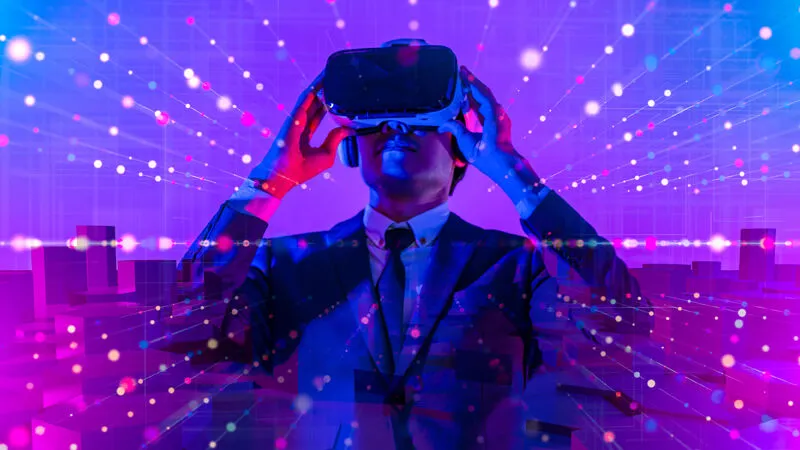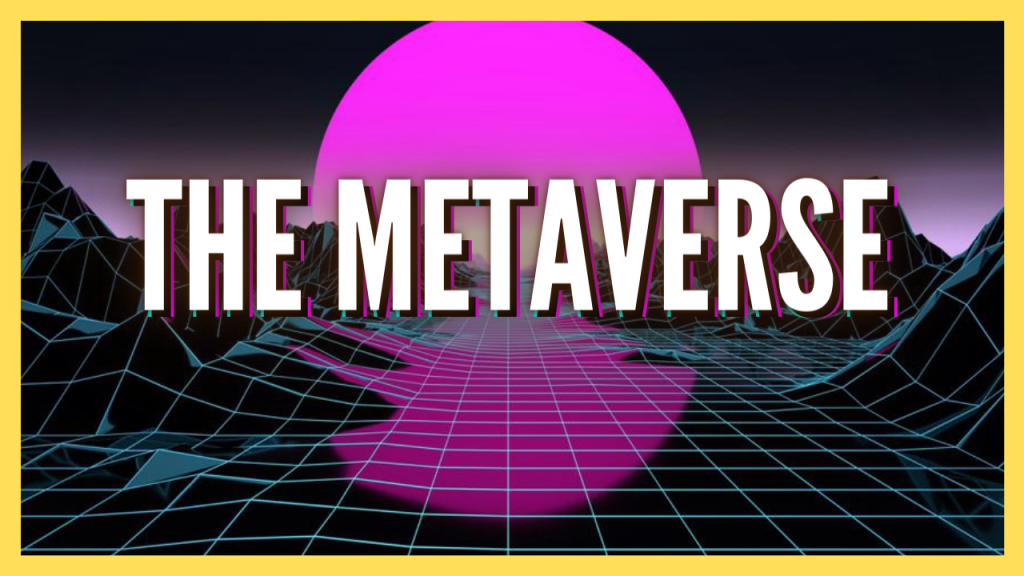Category: New Technology
-
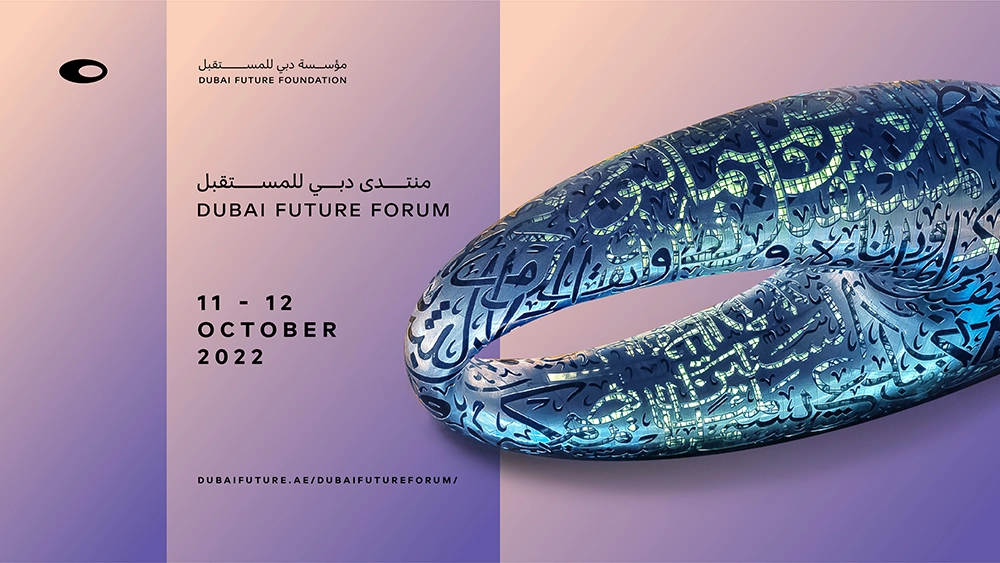
World Government Summit – Dubai UAE – Day Three Recap
I’m happy to have played a small part in the “warm-up act” (speaking just before) Elon Musk today at the World Government Summit in Dubai. I spoke about the future of regulation around new technologies #AI, #Blockchain, #DAOs, and #DigitalWallets – the future of #Web3. The 2023 #WorldGovernmentSummit with over fifteen thousand attendees, including 20+…
-

Litigation Radio: Ten Tips for Building a Scalable and Sustainable Law Practice
https://open.spotify.com/embed/episode/5zw60rI3y6W3XzPZxjwEDd?utm_source=generator
-
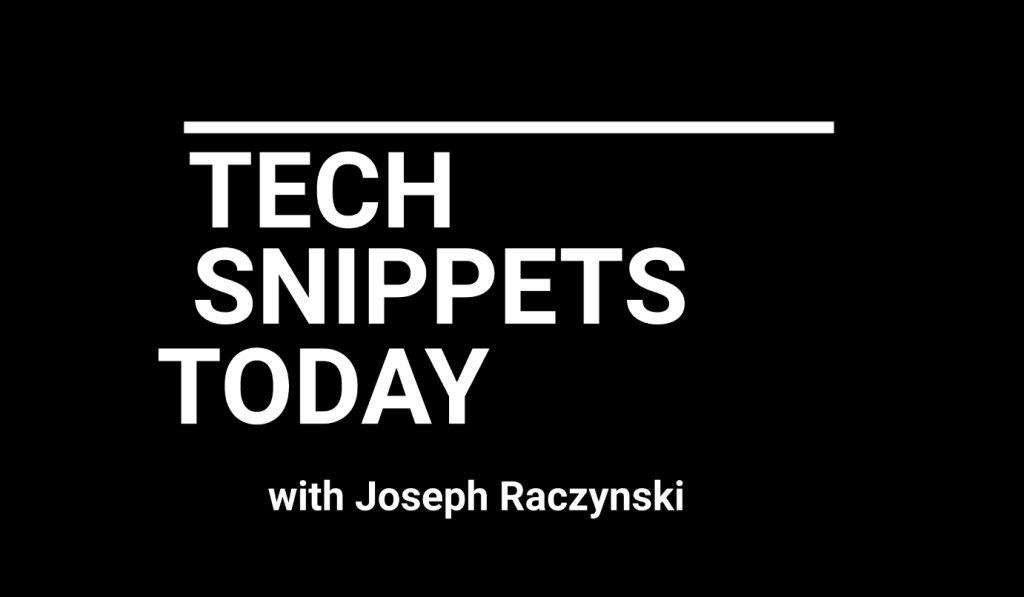
Tech Snippets Today – New Series Release!
As a way to encapsulate my travels and meetings with ridiculously accomplished and fascinating people from around the world, I am releasing a new series called Tech Snippets Today. These are informal conversations with some of the brightest minds across the world pushing the limits on emerging tech. On a normal day, before major conferences,…
-
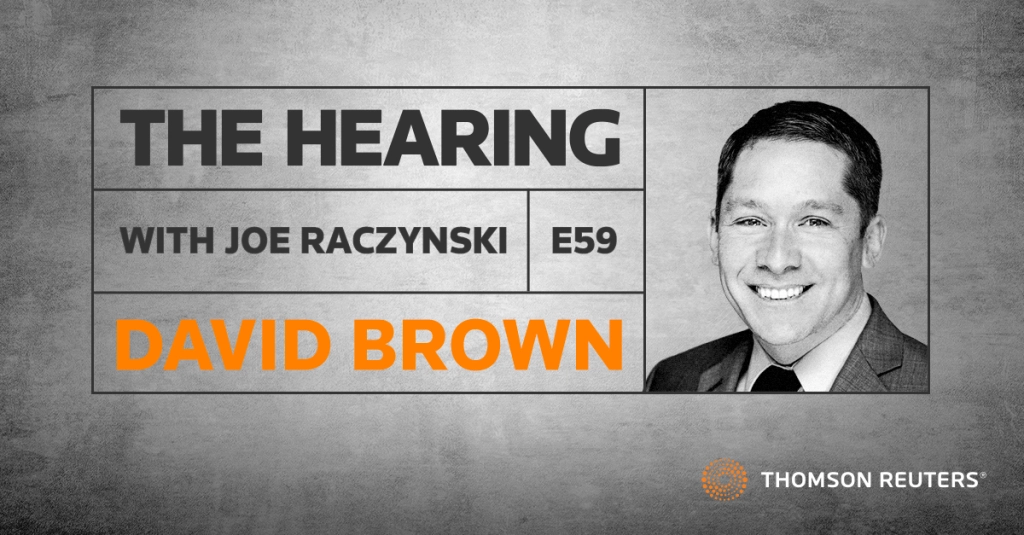
Podcast: The Hearing – David Brown – Legal Director at Transgender Legal Defense & Education Fund
In this episode I am joined by David Brown, Legal Director of the Transgender Legal Defense and Education Fund (TLDEF). TLDEF is a transgender-led organisation fighting for transgender rights through litigation and other legal avenues. Working with numerous law firms, David and his team bring lawsuits to demonstrate how statutes are unequal and discriminatory. David…
-
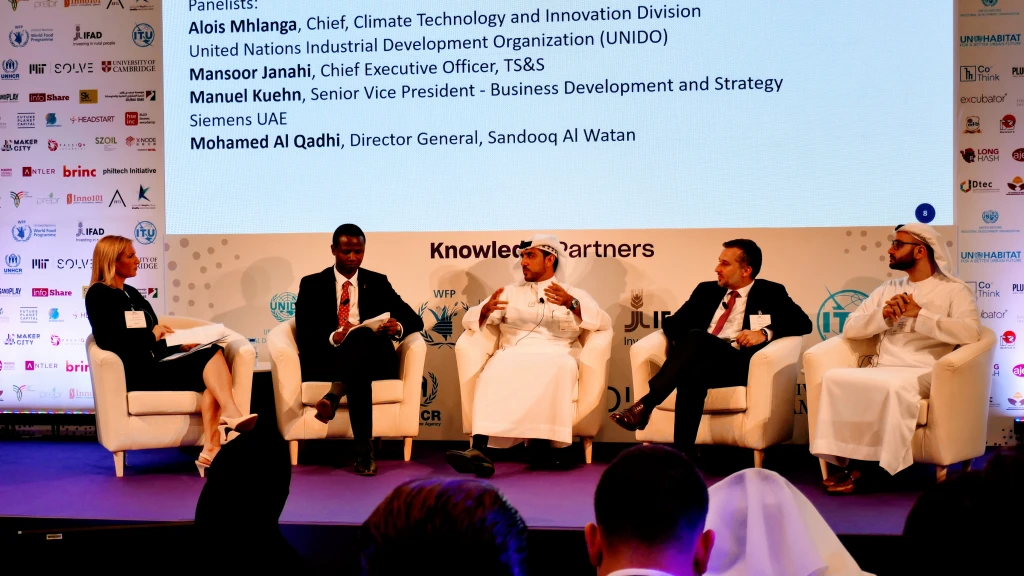
An initiative for global prosperity: tech savvy start-ups compete to solve world problems
Originally published on AnswersOn. By Joseph Raczynski The Global Maker Challenge is an online open-innovation platform that offers an opportunity for “makers” and innovators to connect and collaborate, across the globe, and try to solve real-world problems affecting people’s lives. ABU DHABI & DUBAI, UAE — Recently the Mohammed bin Rashid Initiative for Global…
-

Consensus 2019: Blockchain’s Biggest US Conference Sees Increased Legal Oversight Coming
Originally published on The Legal Executive Institute. By Joseph Raczynski NEW YORK — The fifth annual Consensus — the preeminent cryptocurrency and blockchain conference powered by CoinDesk — wrapped a rousing three-day event in mid-May that produced several legal-leaning themes in the ever-mingling world of technology and the law. On the anti-money laundering (AML) front, Sigal P. Mandelker, Under-Secretary for the…
-
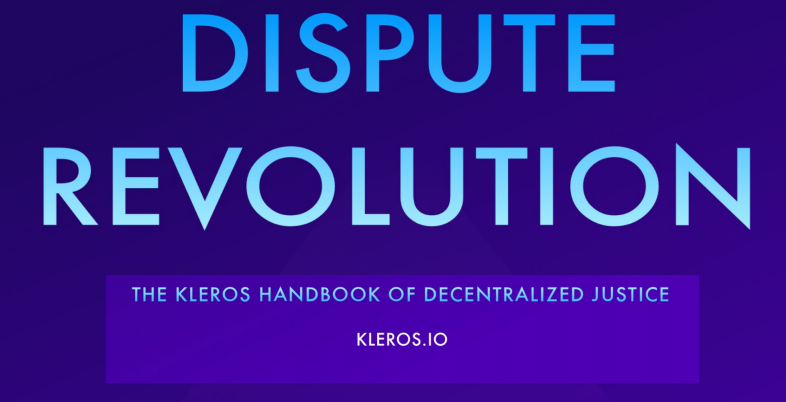
Kleros.io (a Thomson Reuters Incubatee) Publishes Handbook of Decentralized Justice
Kleros.io is a blockchain startup which Thomson Reuters incubates in the Legal Technology space. They recently published a book about dispute resolution using blockchain technology. I had the good fortune to work with Federico Ast, Founder & CEO on a chapter for the book. Please feel free to download a digital copy here: Kleros’ Handbook…
-

Traveling Around the World (literally – 37,503 miles or 60,355 KM) – A Global Jaunt to Connect with Customers
Over the last eight weeks I have traveled around the world to meet our customers, with enough miles technically to have traversed the earth one and a half times or over 37,000 miles. Background: I had the good fortune to visit customers and present in London, Grand Cayman, New York, Dubai, Washington DC, Auckland, and…
-

Video: Generate 2018 – Darkside of the Web
Have you wondered what is going on these days on the Web with cybersecurity for Law Firms? This is a deep dive and more information on how a hacker goes after IoT devices from the Generate Conference in London.
-
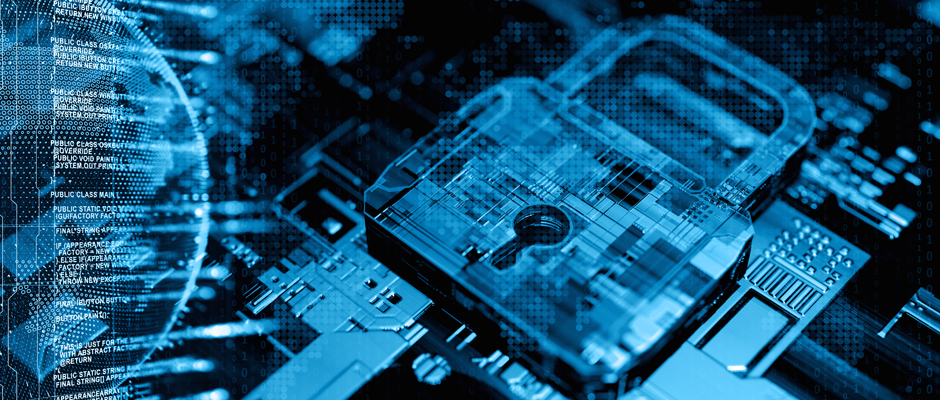
The vice grip of cybersecurity concerns on law firms
Originally published on Legal Insights UK & Ireland By Joseph Raczynski Law firms stand in a very precarious position in the cybersecurity world. Next to financial institutions, private legal institutions are a virtual honey pot for cybercriminals. Any breach, no matter the size, impacts the client, and certainly could destroy a firm’s reputation. Four years ago,…
-

Legislating for the future: Drones in the UK
Portions originally published in The Guardian. by Joseph Raczynski 1. What are your thoughts on the UK’s drone regulations/regulatory approach, and how does it compare to other approaches around the world? Are there any ideas we should borrow from Australia, the US, etc? Drone enthusiast beware, a new era of regulation is about to hit…
-

Artificial Intelligence and the UK vs. US Approach
Originally published on Legal Insights UK & Ireland By Joseph Raczynski, edits, questions and preface by Ann Lundin and Joe Davis. Artificial intelligence will threaten most jobs at some point soon—and new jobs will emerge’ The impact of innovative technology is undoubtedly going to radically reshape the delivery of legal services in the years ahead. To…
-

Classification of Cryptocurrency: Coins, Tokens & Securitized Tokens
Originally published in the Legal Executive Institute. By Joseph Raczynski One of the most contentious debates in the cryptocurrency world surrounds classification of blockchain-based digital assets, tokens and cryptocurrencies. A panel at the recent Thomson Reuters Regulation of Financial Services Conference discussing the basics of cryptocurrencies examined this argument. With more than 1,650 cryptocurrencies or tokens trading in…
-
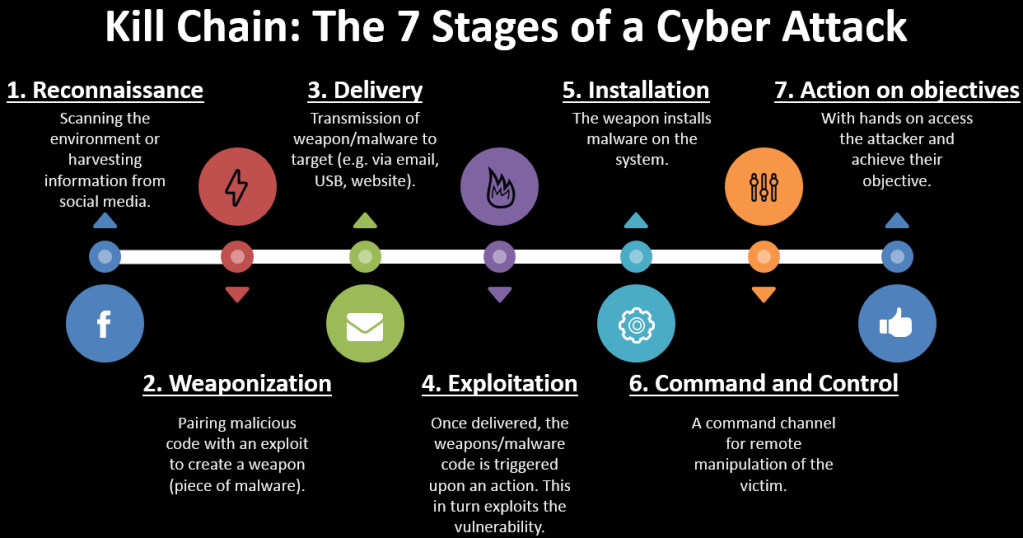
Kill Chain: The 7 Stages of a Cyberattack
Originally published in the Thomson Reuters Tax & Accounting Blog By Joseph Raczynski In our new world reality where cyberattacks are a daily occurrence and every organization must focus on critical infrastructure surrounding cybersecurity, businesses have begun to think like the military. How can we defend our enterprise? To that end, it’s not surprising that companies…
-

Blockchain & Cryptocurrencies in Legal
By Joseph Raczynski Las Vegas, NV – ITLACON – Sarah Burno, Partner, Arent Fox and Joseph Raczynski, a technologist at Thomson Reuters, explore how blockchain will impact the Legal industry and discuss the beginnings of the cryptocurrency crazy.
-
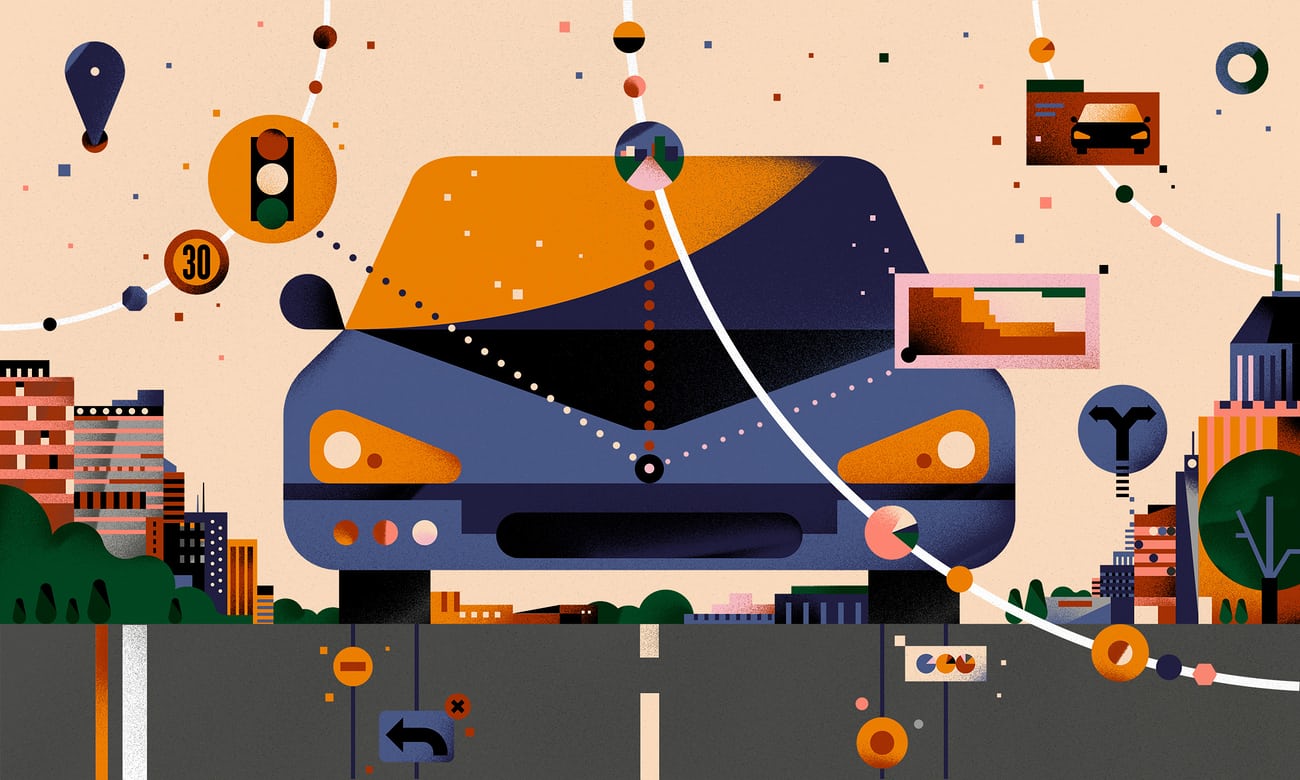
The Guardian: Driverless car crashes and data theft: law experts predict the court cases of the future
Very happy to have had a small role in this content. Originally published in The Guardian Driverless car crashes and data theft: law experts predict the court cases of the future | Legal horizons | The Guardian The rise of technologies such as driverless cars, the Internet of Things (IoT) and smart cities will result in a…
-

Exploring Blockchain Proof of Concepts in Deployments and use Cases in the Finance Industry
By Joseph Raczynski October 2017 – Blockchain 360 IoT Conference – InterContinental New York Times Square – An esteemed panel took the stage to discuss the state of the union surrounding proof of concepts in the financial industry. The focus of the six; to delve into what is working with blockchain, what is not, and…
-
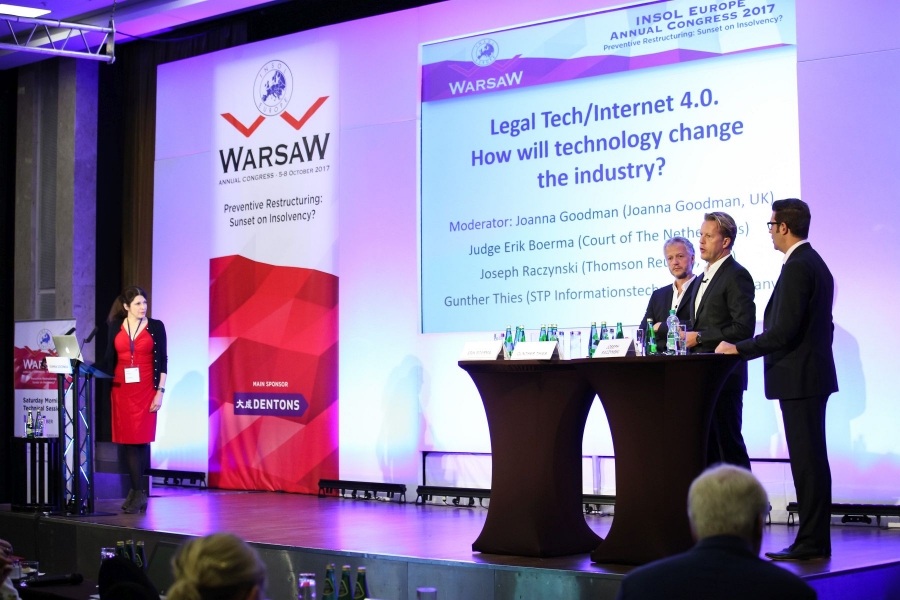
Legal Technology/Internet 4.0 – How will Legal Technology Change the Industry?
By Joseph Raczynski INSOL Europe 2017 Annual Congress Warsaw INSOL Conference – Joseph Raczynski Warsaw, Poland – Sofitel Victoria. Before the full contingent of 400 attendees at the INSOL Europe Annual Congress a panel of three stepped into the future of legal technology and its impact on insolvency and the courts in Europe. The panel…
-
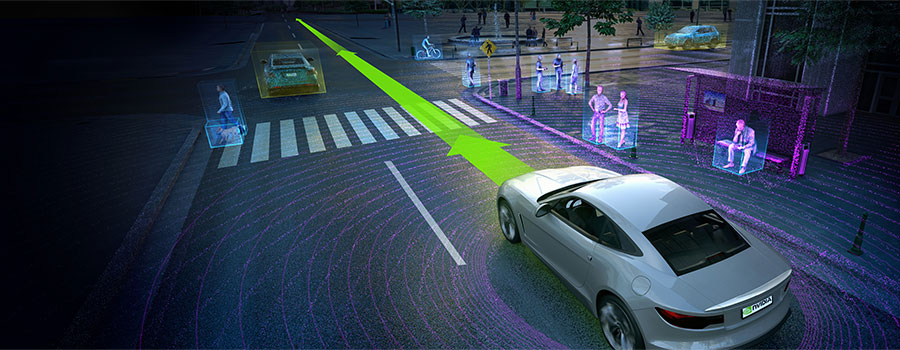
Podcast: The Legal Implications of Autonomous Vehicle Technology with Akerman’s Gail Gottehrer (Part 1)
Originally published in the Legal Executive Institute. By Joseph Raczynski, Gregg Wirth & Gail Gottehrer In a new two-part Thomson Reuters’ Legal Executive Institute podcast, Joe Raczynski, Legal Technologist and Futurist with Thomson Reuters Legal, discusses the hot topic of autonomous vehicles and their impact on the legal industry with attorney Gail Gottehrer, partner at…
-

Blockchain Takes the Stage at the British Legal Technology Forum 2017
Originally published in the Legal Executive Institute By Joseph Raczynski LONDON — The recent British Legal Technology Forum 2017 — Europe’s largest event with more than 1,400 attendees and emceed by Richard Susskind — peered into the future of the legal industry by hosting a provocative talk on Blockchain technology. I spoke at the event on…
-

Emerging Technology in the Legal Industry (Video)
By Joseph Raczynski In this Vlog, learn about Emerging Technology in the Legal industry. I focus on the impact of the Trinity of Forces (Cloud, Infinite Processing Power and AI) on Emerging Technology in the Legal industry. The Emerging Technologies discussed are: Artificial Intelligence, Blockchain, Analytics, VR/MR/AR (Virtual Reality, Mixed Reality and Augmented Reality) and…
-
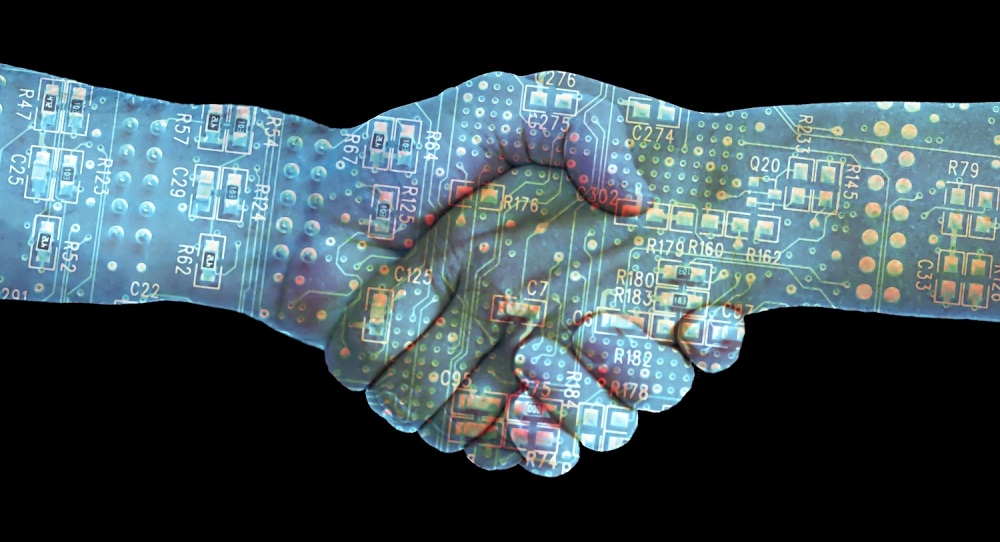
Blockchain Explained (59 mins)
By Joseph Raczynski This is a talk that I gave recently about Blockchain technology based on my engagement and understanding of the technology since Bitcoin circa 2011. I preface this with how technology is having an impact on all of our lives – exponentially. It serves as a complete overview of what Blockchain technology is…
-

Is Virtual Reality Finally Ready for Business Use?
Originally published on Practice Innovations By Joseph Raczynski “It’s like dreaming with your eyes open” – VR Developer We are rapidly entering a time where space – the distance between people – will have little relevance. Even at this moment, distance is verging on extraneous. A news story breaks in Tokyo and seconds later a…
-

ILTACON 2016: Re-Imagining Legal Technology for the 21st Century
So reverberated the words of Mike Walsh a Futurist/CEO of Tomorrow, across an audience of more than 3,000 legal professionals at ILTACON 2016, a four-day conference that centers on the intersection of technology and the legal industry.
-

Wall Street Lawyer – Securities in the Electronic Age Wall – June 2016 ▪ Volume 20 ▪ Issue 6
By Joseph Raczynski An article of mine on blockchain published on the Wall Street Lawyer: Wall Street Lawyer
-

Blockchain Has Arrived in Legal: Important Observations from Consensus 2017
By Joseph Raczynski Originally published in The Legal Executive Institute NEW YORK — There was a real moment of inflection recently for me in how I think about the coupling of the legal industry and Blockchain. Having been involved in Bitcoin since 2011 and an evangelist on the topic with dozens of talks in the U.S.…
-

Samsung Virtual Reality Demo – NCAA Basketball – UNC v Villanova
Virtual Reality demo with Samsung Gear – three apps tested
-

Theta 360 Degree Camera
By Joseph Raczynski Back from a trip, here are some examples of what the 360 Degree Camera can do with photos. I do believe these gadgets will be popular in the coming year, especially as they work well with the virtual reality viewing gear. Theta 360º Camera

